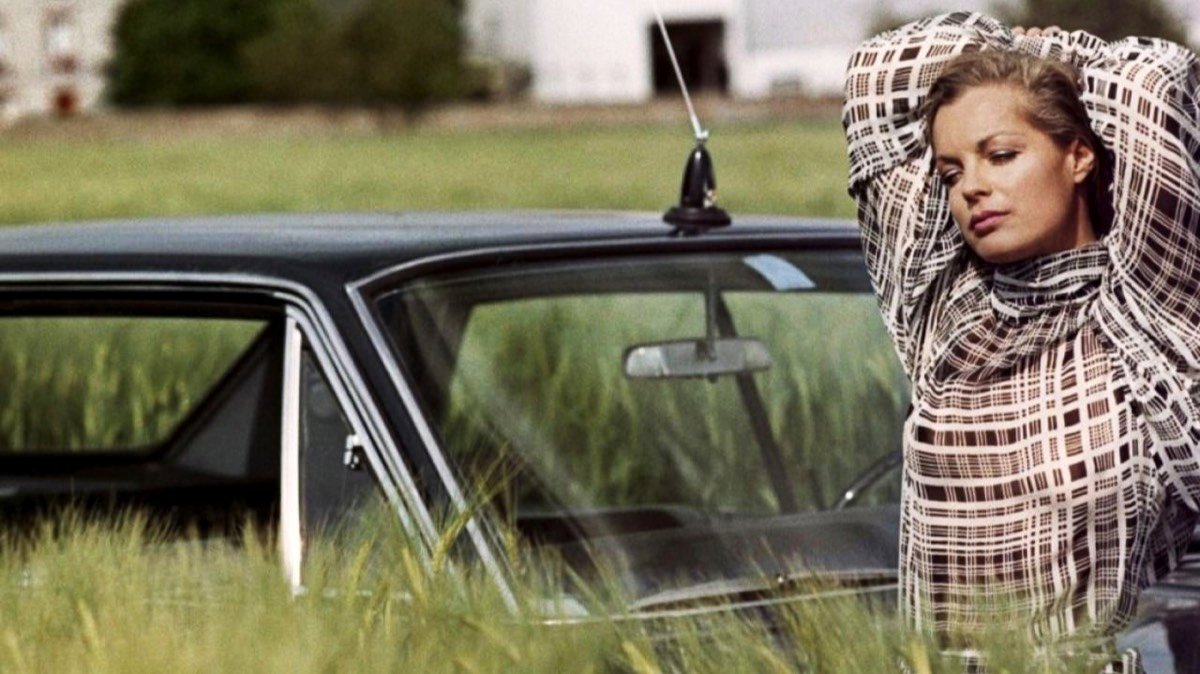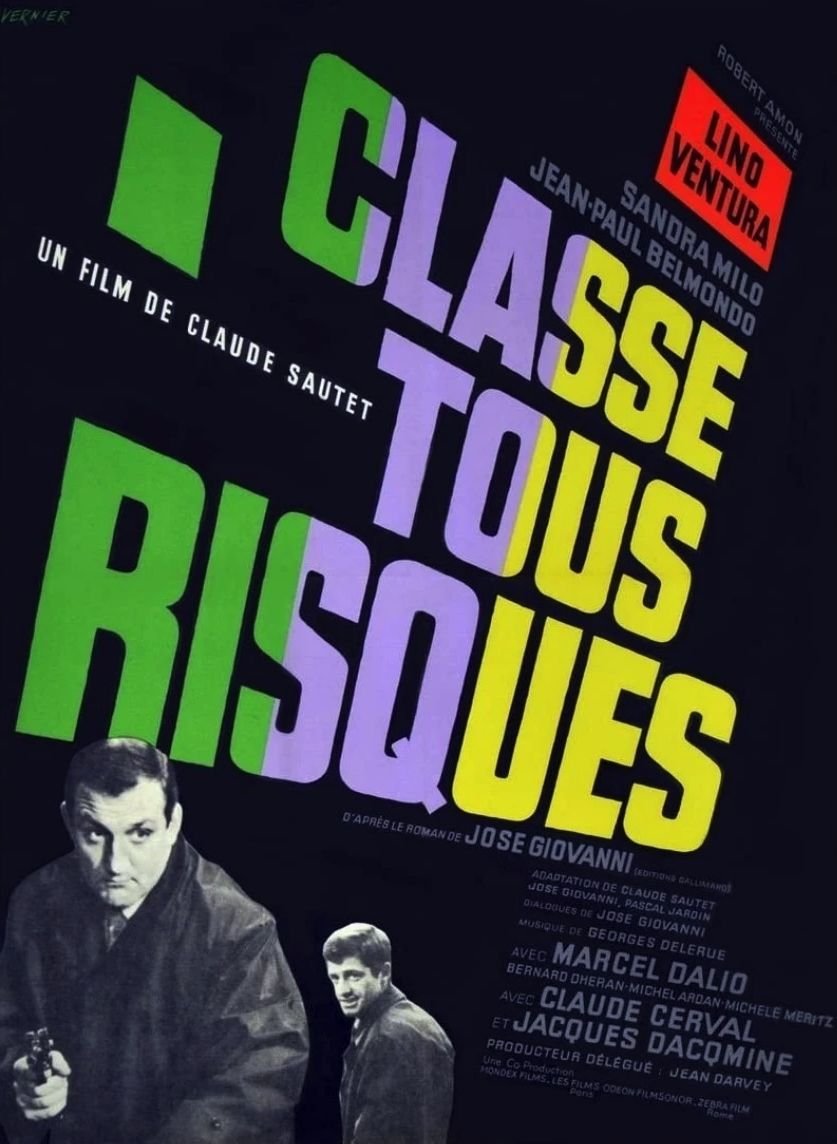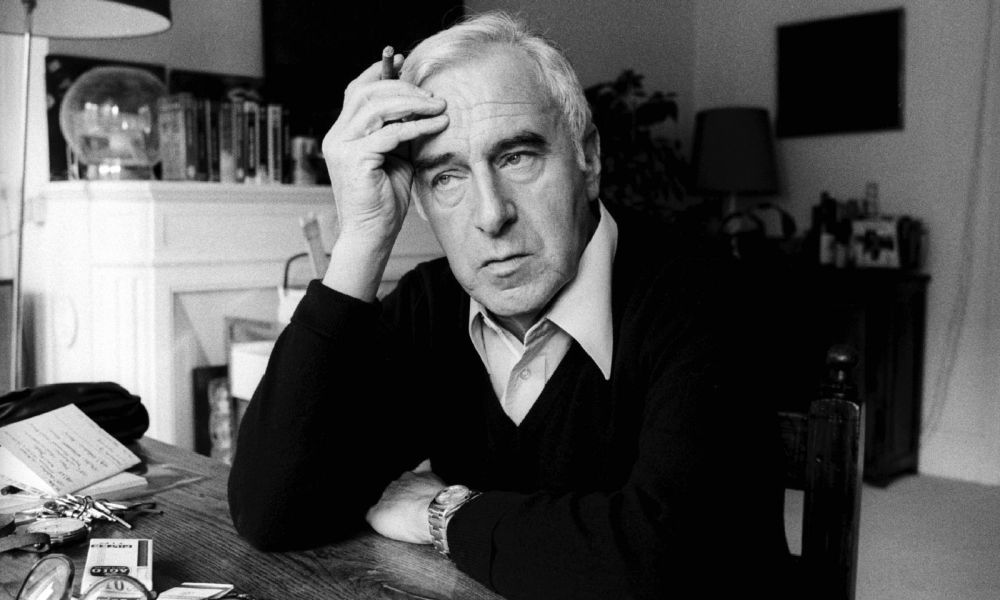"His early feature films as a director were well-paced gangster thrillers. But starting with his Prix Delluc winner Les Choses de la Vie/The Things of Life (1970), he became best known for his discreet, perceptive, and sensitive character studies of the French bourgeoisie, especially the middle-aged." - The Film Encyclopedia, 2012
Claude Sautet
Director / Screenwriter
(1924-2000) Born February 23, Montrouge, Seine (now Hauts-de-Seine), France
(1924-2000) Born February 23, Montrouge, Seine (now Hauts-de-Seine), France
Key Production Country: France, Italy
Key Genres: Drama, Romance, Comedy, Buddy Film, Romantic Drama, Crime, Psychological Drama, Comedy Drama
Key Collaborators: Jacqueline Thiédot (Editor), Philippe Sarde (Composer), Jean Boffety (Cinematographer), Michel Piccoli (Leading Actor), Romy Schneider (Leading Actress), Jean-Loup Dabadie (Screenwriter), Roland Girard (Producer), Yves Montand (Leading Actor), Claude Néron (Screenwriter), Alain Sarde (Producer), Raymond Danon (Producer), Pierre Guffroy (Production Designer)
Key Genres: Drama, Romance, Comedy, Buddy Film, Romantic Drama, Crime, Psychological Drama, Comedy Drama
Key Collaborators: Jacqueline Thiédot (Editor), Philippe Sarde (Composer), Jean Boffety (Cinematographer), Michel Piccoli (Leading Actor), Romy Schneider (Leading Actress), Jean-Loup Dabadie (Screenwriter), Roland Girard (Producer), Yves Montand (Leading Actor), Claude Néron (Screenwriter), Alain Sarde (Producer), Raymond Danon (Producer), Pierre Guffroy (Production Designer)
"Sautet worked as a scriptwriter and assistant to, among others, Jacques Becker; his own films can indeed be seen in the Becker tradition of 'French-style' intimate realism and classic mise-en-scène, although his early features were thrillers - the excellent Classe tous risques/The Big Risk (1960) and L'Arme à gauche/Guns for the Dictator (1965). His major work came in ghettos 1970s, with an impressive body of intimist romantic stories in a carefully depicted middle-class setting: Les Choses de la vie/The Things of Life (1970) was a critical and popular success, as were César and Rosalie (1972), Vincent, François, Paul… et les autres (1974), Mado (1976) and Garçon! (1983)." - Ginette Vincendeau (Encyclopedia of European Cinema, 1995)
"Hailed as a master by the likes of Jean-Pierre Melville, François Truffaut and Pauline Kael, his films a steady presence at art-house cinemas throughout the 1970s, ‘80s and ‘90s, writer-director Claude Sautet remains curiously absent from most discussions of major postwar French filmmakers. Perhaps that is because Sautet’s work defies easy categorization. A contemporary of the Nouvelle Vague without being part of it, and a successful “script doctor” who lent his expertise to many popular commercial entertainments, Sautet was as astute at mapping the private lives of small-time gangsters as he was at depicting the ups and downs of the haute bourgeoisie." - Film at Lincoln Center, 2012

César and Rosalie (1972)
"The core of any Sautet film is a fairly banal emotional problem—a man caught between two women in Les Choses de la vie or a married woman confronted with a former lover in César et Rosalie. Around this situation Sautet weaves a rich pattern of bourgeois life: concerns with home and family, with money and possessions, give these films their particular tone. This is a cinema of warm, convincingly depicted characters for whom Sautet clearly has great affection and more than a touch of complicity. Problems and motivations are always explicitly set out, for this is a style of psychological realism in which the individual, not the social, forms the focus of attention." - Roy Armes (The St. James Film Directors Encyclopedia, 1998)
"There is a sense of melancholy and a certain quietude that permeates Claude Sautet’s cinema, and it is in keeping with its pace, a languid but deliberate slowness, that we are able to enter into his world. Sautet’s world is a richly textured one, and requires attentiveness and a careful eye to its details. Populated by fully formed and complex characters, its skein of images is the weaving together of a series of looks, gestures, annunciations, utterances and moods of its inhabitants. Both limpid and opaque, this world and its denizens ask us to be thorough and mindful not only of what we see, but also what we hear — to listen to the conversations, the music, the ambience, as well as the silences. In this way, his films ask us to surrender our senses, to give ourselves over to them, so that we do not remain on the ‘outside’ as mere viewers or voyeurs to the intimacy on screen." - Janice Tong (Senses of Cinema, 2003)
"Claude Sautet is modern cinema's greatest miniaturist… Always a script collaborator as well as a director, Sautet began a series of astutely observed character studies in the early 1970s that recalled in their tact and classical mise en scène a latter-day Jacques Becker." - Richard Armstrong (The Rough Guide to Film, 2007)
Selected Filmography
{{row.titlelong}}
Claude Sautet / Favourite Films
City Lights (1931) Charles Chaplin.
Source: Sodankylä Ikuisesti: Desert Island Films (1996)
City Lights (1931) Charles Chaplin.
Source: Sodankylä Ikuisesti: Desert Island Films (1996)
Claude Sautet / Fan Club
Bertrand Tavernier, Caroline Link, Milan Pavlovic, Mani Haghighi, Claire Valade, Xavier Dolan, Bertrand Blier, Michel Hazanavicius, Nabil Ayouch, Pierre Rissient, Susan Vahabzadeh, Wes Anderson.
Bertrand Tavernier, Caroline Link, Milan Pavlovic, Mani Haghighi, Claire Valade, Xavier Dolan, Bertrand Blier, Michel Hazanavicius, Nabil Ayouch, Pierre Rissient, Susan Vahabzadeh, Wes Anderson.
"Fan Club"
These film critics/filmmakers have, on multiple occasions, selected this director’s work within film ballots/lists they have submitted.
These film critics/filmmakers have, on multiple occasions, selected this director’s work within film ballots/lists they have submitted.


